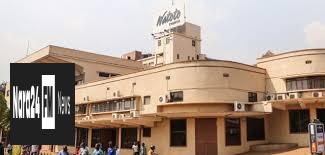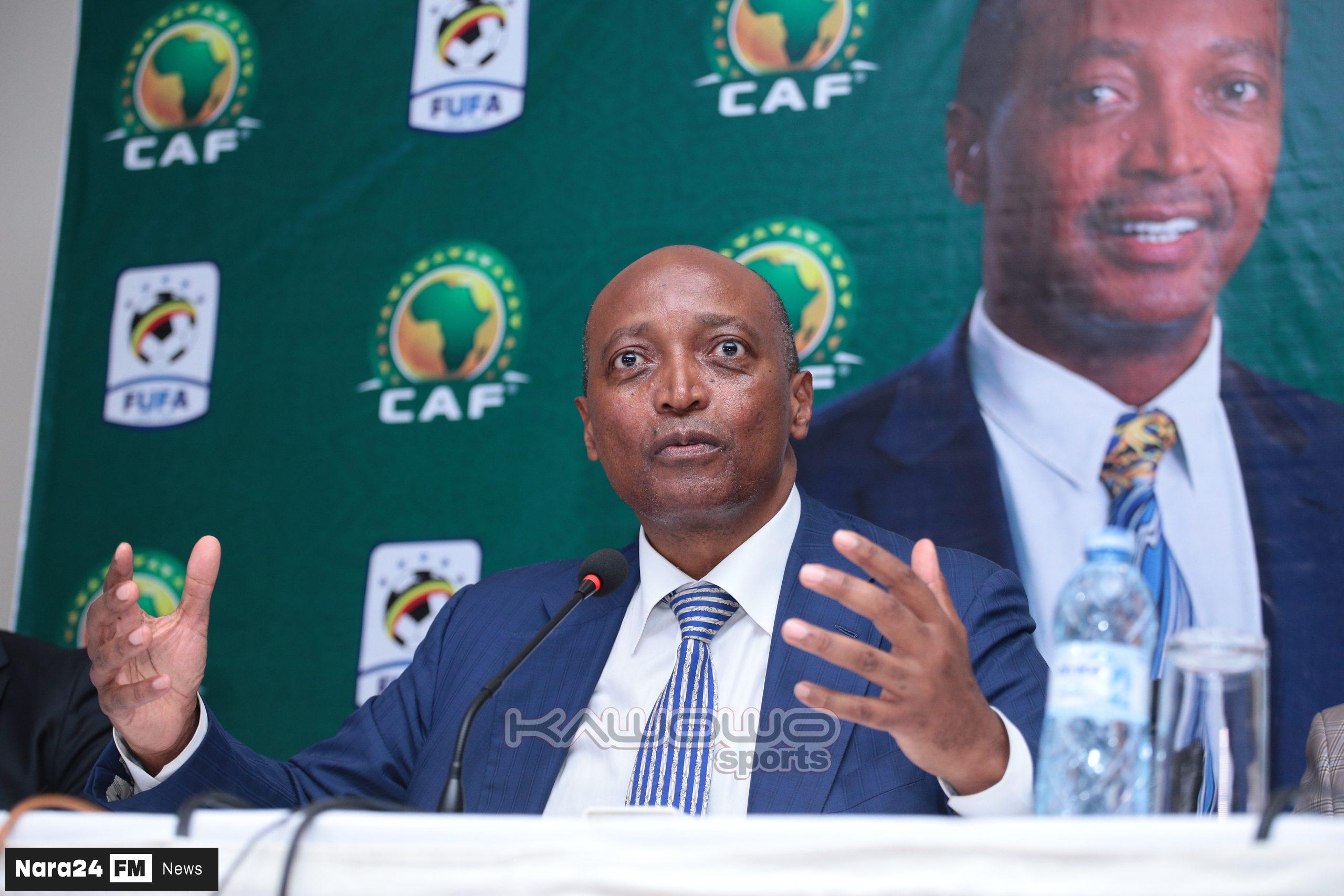In This Article
- Court Orders Citizenship Verification
- Land Dispute Origins and Allegations
- Legal Debate on Dual Citizenship
- Admission of New Evidence
- Counterclaim and Legal Demands
Key Takeaways
- The High Court in Uganda ordered Dr. Freddrick Njuki to prove his Ugandan citizenship as part of the ongoing land dispute.
- The land dispute involves allegations that Dr. Njuki's brother fraudulently sold the family property to Watoto Childcare Ministries using forged documents.
- Watoto Childcare denies wrongdoing, claims it conducted due diligence, and has filed a counterclaim against Dr. Njuki's brother for damages.
- Determining Dr. Njuki's citizenship is now crucial to the case, with potential implications for foreign entities' land ownership in Uganda.
In a significant legal development, the High Court in Uganda has directed Dr. Freddrick Njuki, a central figure in a 13-year-old land dispute, to produce proof of his Ugandan citizenship. The court's ruling came during a hearing in the case, which revolves around ownership rights to 179 acres of land in Lube and Sekomangwa villages, located in the Wakiso District.
Dr. Njuki, appearing remotely via Zoom, is suing Watoto Childcare Ministries, along with his brother Steven Nsubuga and others, over claims that the land was illegally sold using forged documents. The land in question was originally owned by their late father, Eric Gganja Kiyuba Njuki. Dr. Njuki alleges that his brother fraudulently transferred the property to Watoto Childcare Ministries.
The court's decision to require Dr. Njuki to prove his citizenship stems from an application filed by Watoto Childcare's legal team. They argued that Dr. Njuki lost his Ugandan citizenship when he acquired American citizenship prior to Uganda's adoption of dual citizenship laws. This claim was previously dismissed by Justice Philip Odoki, but the current presiding judge, Justice Christine Echookit Akello, has ruled that determining Dr. Njuki's citizenship is crucial to the case's integrity.
Dr. Njuki's legal team, led by Francis Tumwesigye, opposed the directive, asserting that the issue had already been resolved. However, Justice Akello emphasized the importance of establishing whether Dr. Njuki holds valid Ugandan citizenship before proceeding further. Additionally, the court admitted new evidence suggesting that Watoto Childcare, as a foreign entity, may not legally own the land under Ugandan law.
Dr. Njuki claims that original court documents were removed without his consent, prompting him to replace his legal team. His suit, filed in 2012, seeks to have the land sale annulled and to establish his ownership of 50% of the property. He also wants to prevent the defendants from interfering with the land.
Watoto Childcare Ministries has denied any wrongdoing, stating that they conducted proper due diligence before purchasing the land from Steven Nsubuga in 2010. Their legal team argues that the land was legally registered in Nsubuga's name at the time of the sale and that no squatters were found during a boundary survey. The organization has also filed a counterclaim against Nsubuga, seeking UGX 800 million in damages, including interest, for disruptions caused by the legal battle.
The case continues to evolve, with Dr. Njuki's citizenship now a pivotal issue. The outcome could have significant implications for the land dispute and the broader legal standing of foreign entities in Uganda.








Comments (0)
Leave a Comment
Be the first to comment on this article!